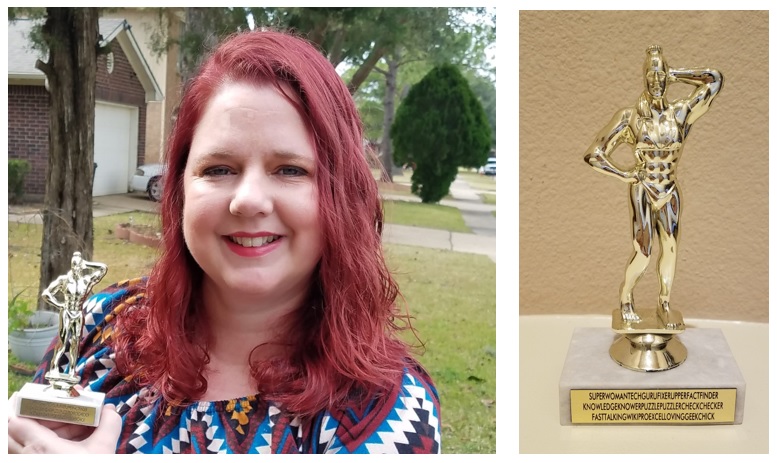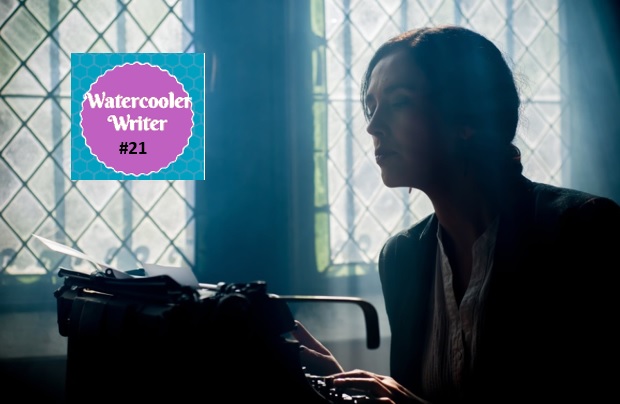Choosing the wrong ghostwriter can be a really miserable
experience. Like most new relationships,
you both entered into the project with the best intentions – hopes high for a
happily ever after. The prize of the perfect manuscript seemed just months
away, easily attainable with just a little elbow grease and a few hours of
entertaining interviews.
Now that the project is under way, though, you’re concerned. Perhaps you’ve received your first draft of your first chapter, and you see things you don’t like. Maybe you’re sensing that your writer doesn’t respond well to edits or might be a little careless about deadlines.
By now you’ve invested time and money in the project. You’ve
spent hours with this writer. You even kind of like them, and you don’t want to
hurt their feelings.
At the same time, though, you can’t simply stay quiet and
hope for the best.
Is this simply a bump in the road to a productive working
relationship? Or should you cut ties now?
Many of our clients come to us after a poor experience with a previous ghostwriter — and nearly all of them had stories about early red flags; they’d all spent anxious hours wondering if they should stick with their writer or move on to someone new. In fact, we’ve heard stories like this so often that we thought a few tips on how to deal with bad ghostwriters might be worthwhile.
Choosing the Right Ghostwriter
Of course, the best way to avoid a bad ghostwriting
relationship is through proper due diligence before you start. As with
any industry, it’s hard to know how to conduct proper due diligence, when you
aren’t 100% sure what to ask.
Our best advice surprises many: Writing samples are likely not the most important piece of
information to ask for.
That’s right. Examples of a ghostwriter’s past work are often less informative than you might expect. Now, we aren’t saying not to look at samples, but it is important to understand the drawbacks of relying on samples as an evaluation method:
- Any samples you review are a reflection of what the prior author has asked for, so the manuscripts may not reflect was you would ask for.
- Samples provided could be heavily edited, by the prior author or the publisher, so you don’t know what the first draft actually looked like.
- Talented writers aren’t always talented ghostwriters. And yes, there is a difference: Your writer may dazzle you with an impressive portfolio of say, long-form magazine articles or books written under their own name — but they may not have the flexibility and collaborative attitude necessary to write for someone else.
Ask for Variety!
While samples aren’t the most important thing to look at, they can provide you with a snapshot of your writer’s flexibility. Ask them to send you several samples that showcase different writing styles and cover a variety of different topics. The more variety in the samples, the more likely it is that your writer will be able to adapt to your preferences.
So what do you look for in a ghostwriter?
- References, references, references – ask the references not only how they felt about quality of work, but how their ghostwriter dealt with edits and feedback.
- Availability. A lot of ghostwriters take on more than they can handle. Specifically ask how many hours they can give you per week. You want the answer to be at least 10 to 20, if you expect the book to be finished within a year.
- Expectations. Ask your writer what they expect from you during the relationship. Some writers expect you to do all the research; some writers want you to proofread; some writers will deal with publishing, others won’t. There are no right answers here, but you should be ok with their expectations or you are likely to be unhappy with the arrangement.
- Problem-solving. Ask about common challenges in a ghostwriter-author relationship, and how they deal with these. If they’ve never had any challenges, then they probably haven’t had enough clients.
- Personality, not salesmanship. Remember that ghostwriters are not necessarily natural salespeople, and you aren’t hiring them for their sales skills. So be careful if you feel like you are going with the firm that just has the best pitch (unless of course you are writing a book on sales, and then that’s probably exactly what you want).
I Think I Chose the Wrong Ghostwriter. Now What?
Let’s say you did your due diligence, and you felt confident
about your choice of ghostwriter. But you still find yourself staring at your
first draft with some level of anguish.
What now?
First, make sure you really can’t salvage the
relationship. Remember, you chose your
ghostwriter for a reason. You believed
they could do this job – so if they’ve produced something that makes you doubt
that, give them a chance to course correct.
And make sure you are providing clear edits and feedback. The problem
may be that they simply don’t understand what you’re asking for, not that they
can’t provide it.
Before you hit the “Fired!” button, it’s helpful to know how bad things really — and if it’s possible (or even worth it) to try and fix them.
Here are a few guidelines to help you figure out which issues
are fixable, and which are showstoppers.
Minor typos and factual errors
Level of concern: Usually low
Reason: Proofreading and fact checking is typically a last step in the book-writing process; a few small errors in a first draft is likely not a sign of a serious problem.
Exception: If your document has so many typos and factual errors that it’s distracting, feels like the writer is being lazy, or you think they don’t understand basic grammar, you may have cause for concern.
Suggested action: Nothing, unless the issues are drastic. If your draft is a real mess, express your concerns to your writer and ask if they can send just a few more pages of the next chapter before you make a final decision.
Minor organizational issues (small)
Level of concern: Medium to low
Reason: Sometimes a writer gets too close to the subject matter, and glosses over a couple of thoughts or transitions that might make things clearer. The writing just doesn’t quite flow logically, and the ideas feel a bit scattered. If small edits will fix the issues, there is no need to panic. No one is perfect, and everyone needs an editor.
Suggested action: Make your edits on your copy, send it back to the writer for reference. If edits were extensive, walk them through your edits verbally and see if their next chapter shows the same level of issues.
Style mismatch
Level of concern: Medium
Reason: If you saw a variety of samples from your writer, chances are they can write in a different style. They just need clearer feedback and direction.
Exception: If the draft is a stylistic mess, you can’t imagine anyone possibly liking it, nothing flows, and you aren’t even sure English is their native language, you likely have a much larger issue.
Suggested action: Unless the draft is a disaster, explain you don’t like the style and you need a complete rewrite. Show them an example of what you like. Assuming your writer is versatile and open to criticism, you should see a big improvement on the next round.
Major organizational issues (big)
Level of concern: Medium to high
Reason: The clear exchange of ideas is the core of good writing; if your writer can’t convey an idea in a logical manner, it’s possible they might not understand the subject, or they might not understand how you are communicating it.
Suggested action: Get on the phone or meet in person to talk through specifically why the draft doesn’t make sense. Tell them you expecting a complete revamp. If they aren’t significantly closer in the next draft, it may be time to bail.
You just don’t like them
Level of concern: High
Reason: Maybe they’re passive aggressive about their edits, maybe they don’t do things they say they will, maybe they argue with you about everything. Maybe – through no fault of their own — you just don’t like working with them. If your writer doesn’t know how to conduct business professionally, or they are just plain disagreeable, you have a pretty big problem.
Suggested action: Give it a couple days – maybe their dog died. If you don’t see a big improvement, get out before you waste any more time.
I Had to Leave My Ghostwriter. What Do I Do?
If you decide that you do have to leave, what can you do to
salvage the most work product and transition smoothly to a new writer?
- Ask for all recordings, transcripts, notes,
outlines, anything at all they created during the preparation/planning stages
of the project. Recordings of interviews are particularly useful, as they can
be transcribed and can save your new writer quite a bit of time.
- Show any work product to the new writer, even if
it’s unusable. It’s helpful to the new writer to understand what not to do
(even if it’s obvious).
- Have a kick-off meeting with your new writer and
be sure to thoroughly discuss any outlines, style choices, competitive niche,
etc.
Remember, if you have had to hire (and fire) your
ghostwriter, you’ve learned a lot. Your
next relationship is likely to be much more positive.
We wish you the best of luck with your new writer, and we
humbly remind you that we are never too
proud to be your second choice.












